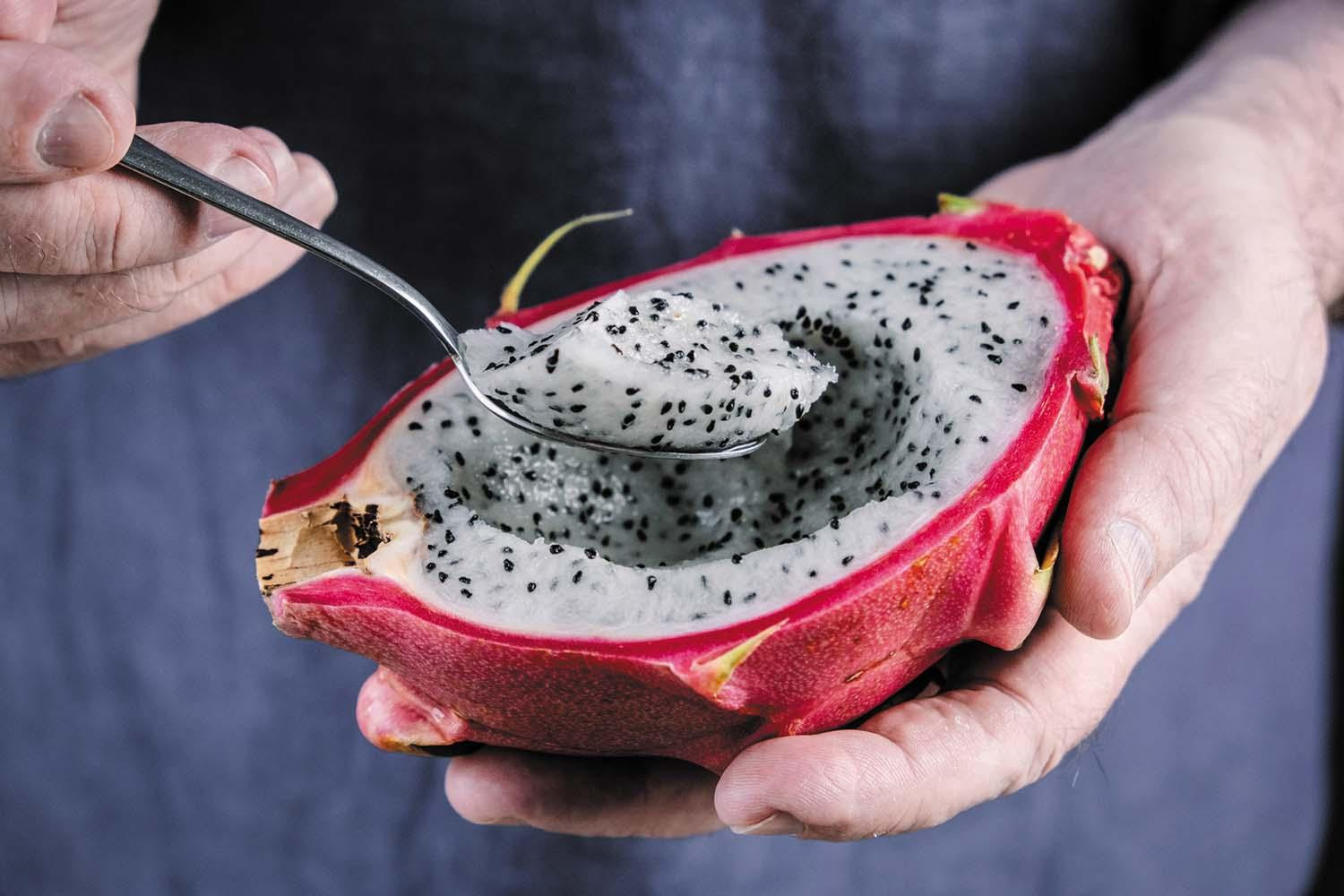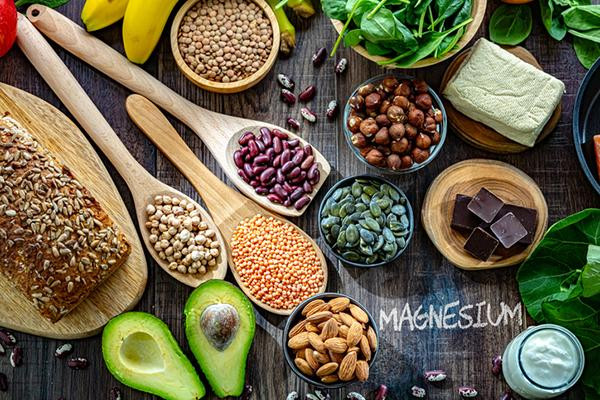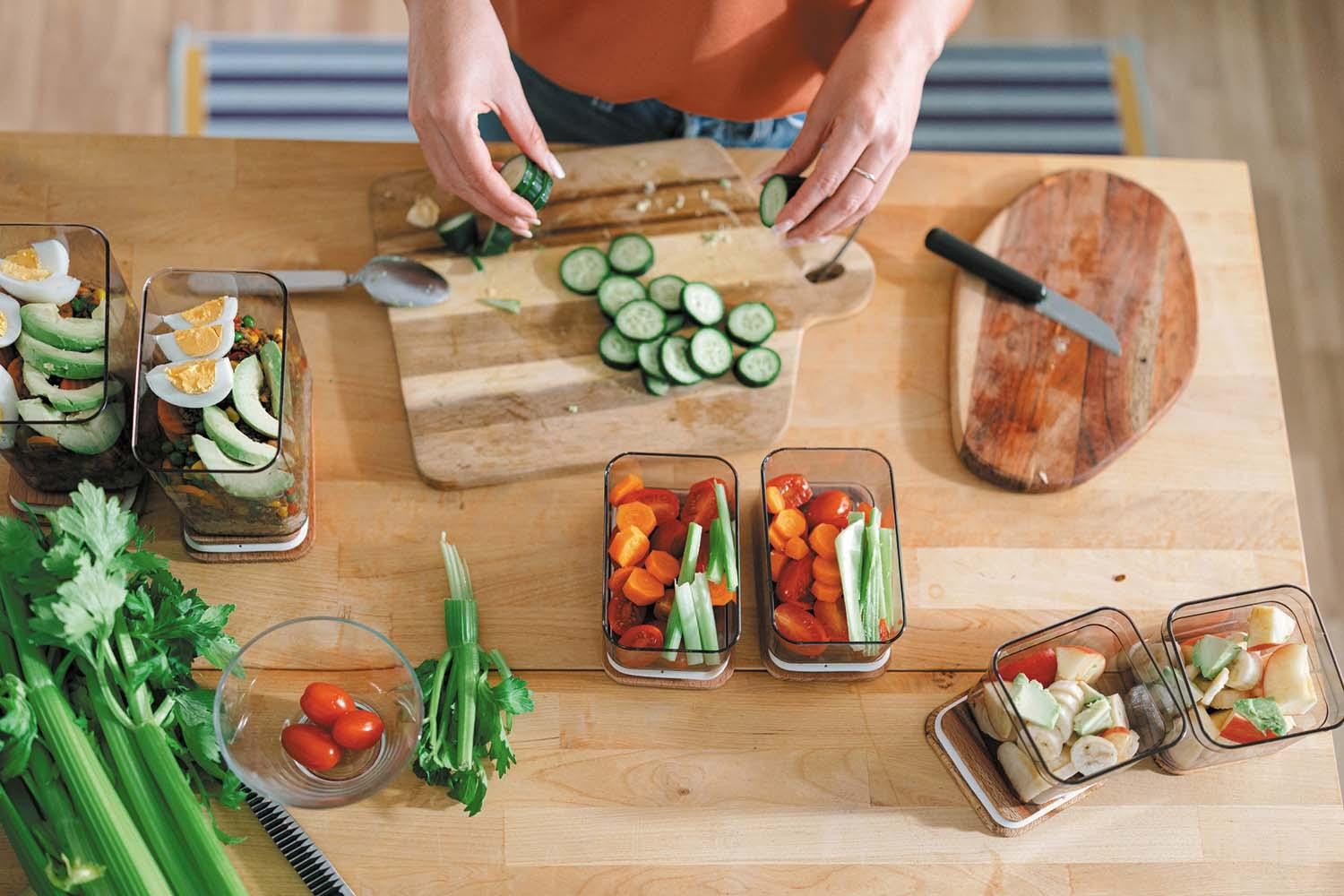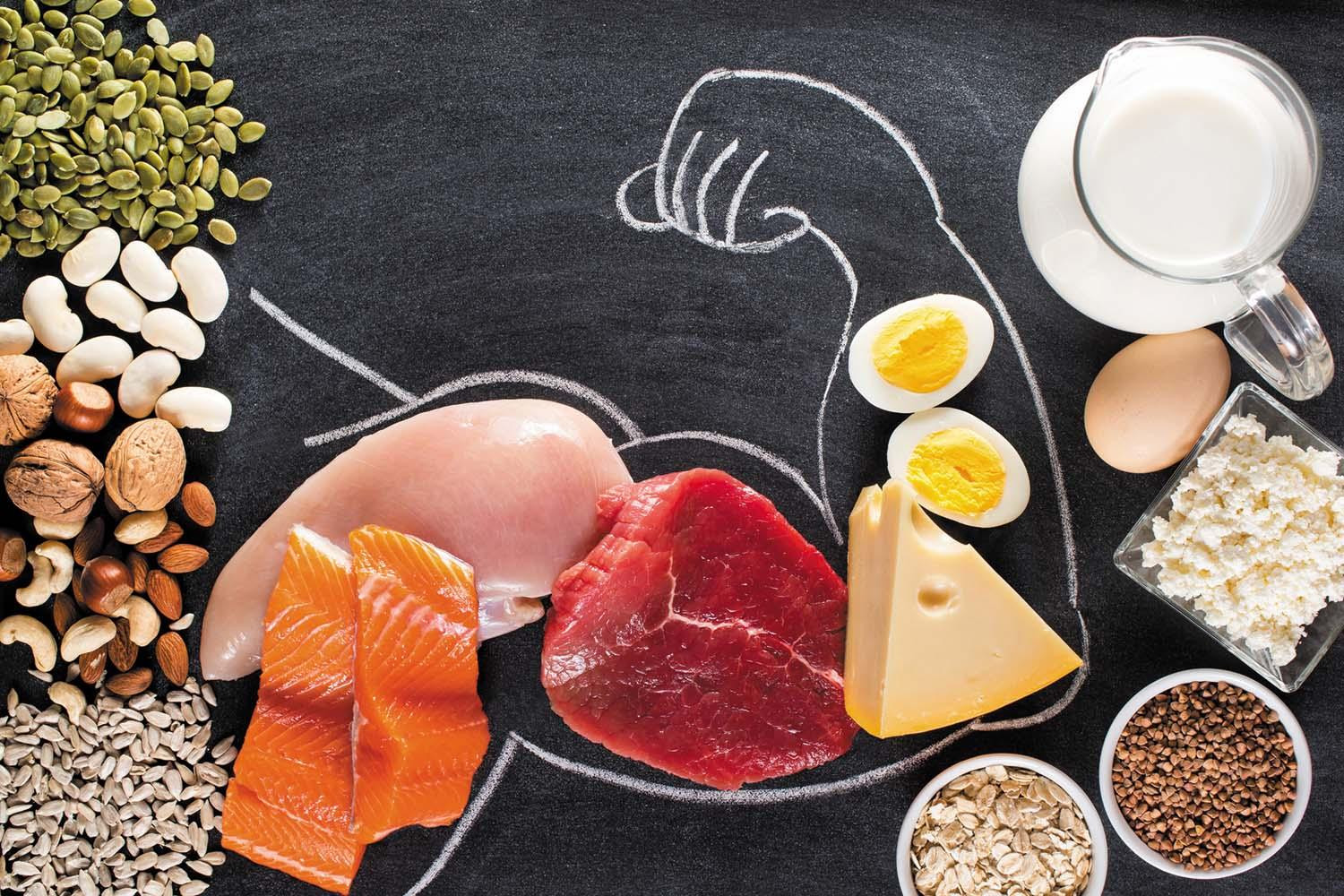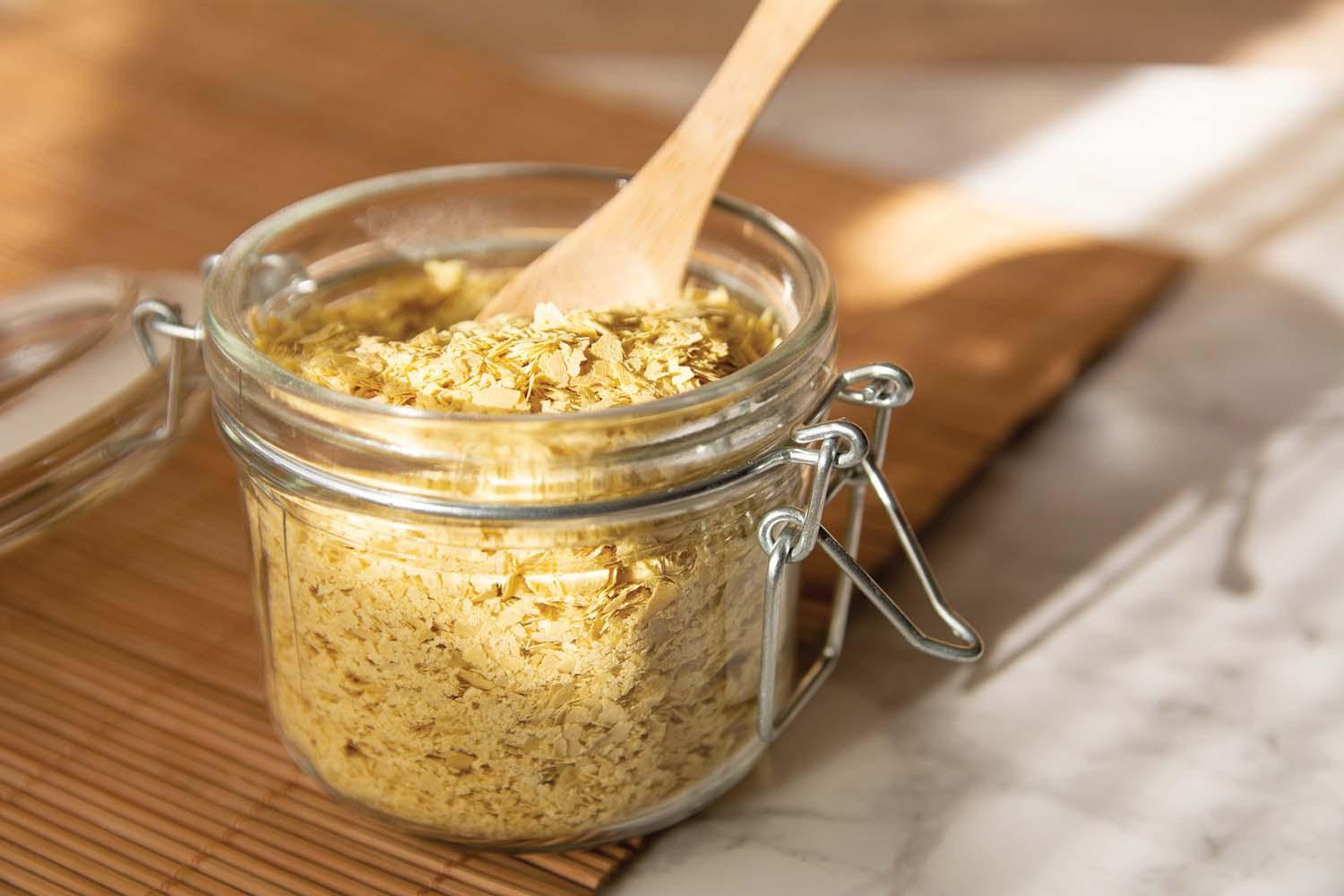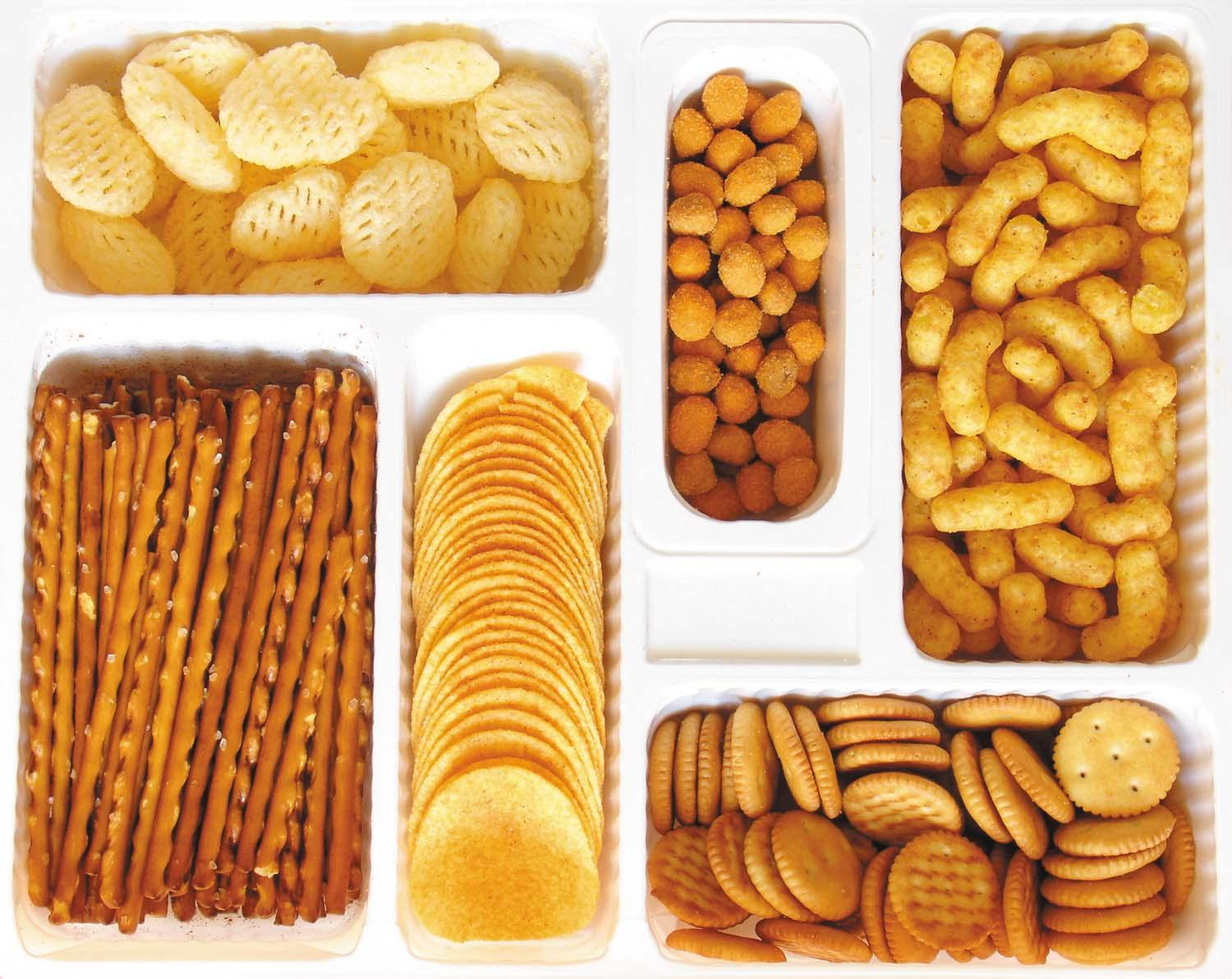
What are somatic workouts?

How to curb your stress eating

How to spot Parkinson’s disease symptoms

8 simple ways to reduce ultra-processed foods in your diet

Heart failure symptoms in women: How they’re different

GERD diet: Foods to avoid to reduce acid reflux

Strong is the new skinny

Everyday habits that sneakily weaken your bones

Don’t wait to get help for back pain

Correcting how you walk may ease osteoarthritis knee pain
Nutrition Archive
Articles
Savoring the benefits of bone broth
Bone broth, made by slowly simmering animal bones with seasonings, offers rich flavor, more protein than regular broth, and amounts of minerals. Choosing low-sodium varieties or making it at home helps limit additives and salt.
Dragon fruit: How to enjoy this antioxidant-rich fruit
Dragon fruit stands out for its striking look, mild sweetness, and a mix of fiber, minerals, and antioxidant compounds. It isn’t a magic “superfood,” but it’s a healthy, colorful way to help people eat more fruit in fun new ways.
Food that’s healthier for people and planet can be cheaper, too
While many people may think that a more sustainable diet is more expensive, a 2025 study suggests that in fact, foods with smaller environmental footprints tend to cost less. Choosing fewer animal-based foods and more plants can be better for health, budgets, and the planet.
8 simple ways to reduce ultra-processed foods in your diet
Cutting back on ultra-processed foods that have little nutritional value can help protect your health, but you don’t have to make everything from scratch either. Seek out less-processed versions of your favorite foods at your supermarket to turn into healthy meals with minimal effort.
Should you take a magnesium supplement to lower your blood pressure?
Taking magnesium supplements has become popular in recent years, and some evidence suggests this practice may help lower blood pressure, especially for those with high blood pressure or low magnesium levels. But a healthy diet is a better way for people to ensure they’re getting enough of this essential nutrient.
Easy, healthy low-carb snacks for any time of day
Experts define a low-carb snack as one with 5 grams of carbohydrates or less per serving. The Academy of Nutrition and Dietetics recommends snacks that are fresh, balanced, and packed with nutrients like protein and fiber.
Maximize your muscle defense: Protein is key to protection
Muscle loss is common after middle age. To counter muscle loss, it’s essential to strength train regularly and consume lots of protein. Whole foods are the best sources of protein, but protein supplements might also be used.
Caution: Sprinkle this savory seasoning with care
Nutritional yeast is a savory condiment that’s often heavily fortified with vitamins. Because high doses may cause side effects, interact with some medications, or cause certain health problems, it’s best used sparingly as a flavoring, not as a supplement.
How ultra-processed foods are made linked to weight gain
A 2025 study suggests that the nature of ultra-processed foods, not the consumption of extra calories from these foods, is what contributes to their association with excess weight gain and a greater risk for obesity.
For weight loss, minimally processed diets beat ultra-processed versions
A 2025 study suggested that people can lose more weight by eating minimally processed foods rather than ultra-processed versions, even those typically considered healthy.

What are somatic workouts?

How to curb your stress eating

How to spot Parkinson’s disease symptoms

8 simple ways to reduce ultra-processed foods in your diet

Heart failure symptoms in women: How they’re different

GERD diet: Foods to avoid to reduce acid reflux

Strong is the new skinny

Everyday habits that sneakily weaken your bones

Don’t wait to get help for back pain

Correcting how you walk may ease osteoarthritis knee pain
Free Healthbeat Signup
Get the latest in health news delivered to your inbox!
Sign Up

